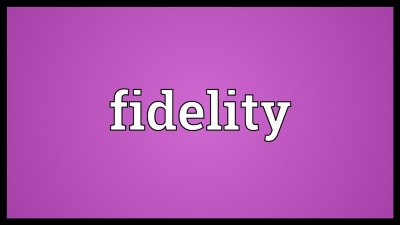
The universe has always been an enigma. There is so much to learn and experience from nature. Sometimes, nature delights us with some breathtaking spectacles of hers. We take you through some of these wow moments.
MOONBOW
You have seen a rainbow. Have you seen a moonbow? This is a light show like no other. The moonbow is a very rare optical phenomenon. It occurs when the light from the moon gets reflected and refracted through water droplets in the air at a certain angle. Much like how a rainbow forms. But moonbows are faint as the amount of light from the moon, which is reflected sunlight, is less. It is said that the first mention of moonbows was by Aristotle back in 350BC. As there is more light during the full moon phase, the likelihood of seeing a moonbow is more at this time.
Every year, during spring and autumn, the Denmark skies become a canvas of sorts as starling birds whiz through the skies in millions. The birds flock together in large numbers and even the sun gets partially blocked by them. This has earned the phenomenon the name Sort Sol meaning Black Sun in Danish. This spectacle across the skies occurs because of the migrating starlings as they head to their breeding grounds. This can be seen only in Denmark.
SKY MIRROR - BOLIVIA
This is akin to a mirror on the floor. The Salar de Uyuni in Bolivia is the world's largest salt flat. When the lake water flows onto the flat, the water reflects the sky above, just like a mirror. These salt flats are vast and endless and the waters create a reflection that makes for an extremely enigmatic sight.
NORTHERN LIGHTS ICELAND
Sometime between September and April, the skies in Iceland turn theatrical as they put on a spellbinding show of colours. Awe-inspiring patterns form in the sky in hues of green, red and blue. This natural phenomenon is called the Aurora Borealis or the northern lights. They form when the charged particles of the sun interact with atmospheric atoms.
BIOLUMINESCENT SHORES - MALDIVES
Picture this. A beach glowing neon blue at night. If you were to go to the Vaadhoo Island of the Maldives between the months of June and December, you will get to witness a glorious abstract art painted by nature herself on the sea. The waters appear soaked in a blue hue because of the phenomenon called bioluminescence as light gets emitted by a microorganism called phytoplankton present in the sea.
LIQUID RAINBOW-COLOMBIA
Imagine a river full of colours, more like a watercolour palette. The Caño Cristales river in La Macarena turns into a vibrant colourscape between the months of July and October. The river gets bathed in colours of red, yellow, green and blue as a result of the reproduction of the aquatic plant Macarenia clavigera, a species of the river weed family, during that time. The 62.1-mile-long river runs through the Serranía de la Macarena national park in Colombia.
Picture Credit : Google













